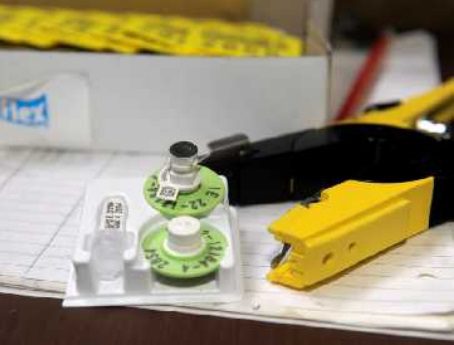The Department of Agriculture, Food and the Marine today noted the steady progress being made in reducing the incidence of Bovine Viral Diarrhoea (BVD) in the country.
In an update on the progress of the eradication programme, the Department acknowledged the key role that farmers have played in progressing the programme, through their investment in the testing of in excess of 2 million calves each year since the programme’s inception in 2013.
The eradication of BVD would rid the industry of a disease that was costing the farming community some € 102m annually prior to the start of the eradication programme.
The critical role of the BVD Implementation Group, in terms of its continued strong leadership role in driving the initiative forward, is also acknowledged by the Department.
Certain support arrangements have been put in place by the Department to assist farmers with the early disposal of persistently infected (PI) animals. It says these supports are proving effective in minimising the number of PI animals being retained on farms. The prevalence of the disease has, in fact, more than halved in the past year alone.
Under the Targeted Animal Health Advisory Service element of the Rural Development Programme, the Department is providing further support to farmers in whose herds 2016 born PI calves are confirmed, through the funding of herd investigations by private veterinary practitioners.
With the approach of the upcoming breeding season, the Department would like to take the opportunity to advise all farmers of the importance of continued vigilance from a bio-security viewpoint.
Farmers should ensure that boundary fences are adequate to prevent nose to nose contact between farms. In addition, care should be taken with grazing management, particularly in the case of breeding animals.
The Department is continuing to restrict the small number of herds who were retaining PI animals. This was a particularly robust measure that included a prohibition on the sale and purchase of animals. The Department has also commenced writing to herd owners informing them in instances where they have a neighbour retaining a PI animal.
This action was being conducted along the same lines as the notification system that applies in the case of TB breakdowns. These measures were also having a positive impact in reducing the number of retained PI’s.
The Department is also conducting a number of investigations at herd level with the assistance of DNA sampling. Investigations based on a risk analysis would also be undertaken at knackery level. These various measures would underpin the downward trend in incidence and improve the prospect of achieving eradication of BVD by 2020.
